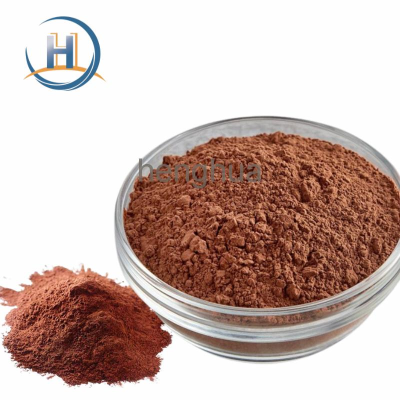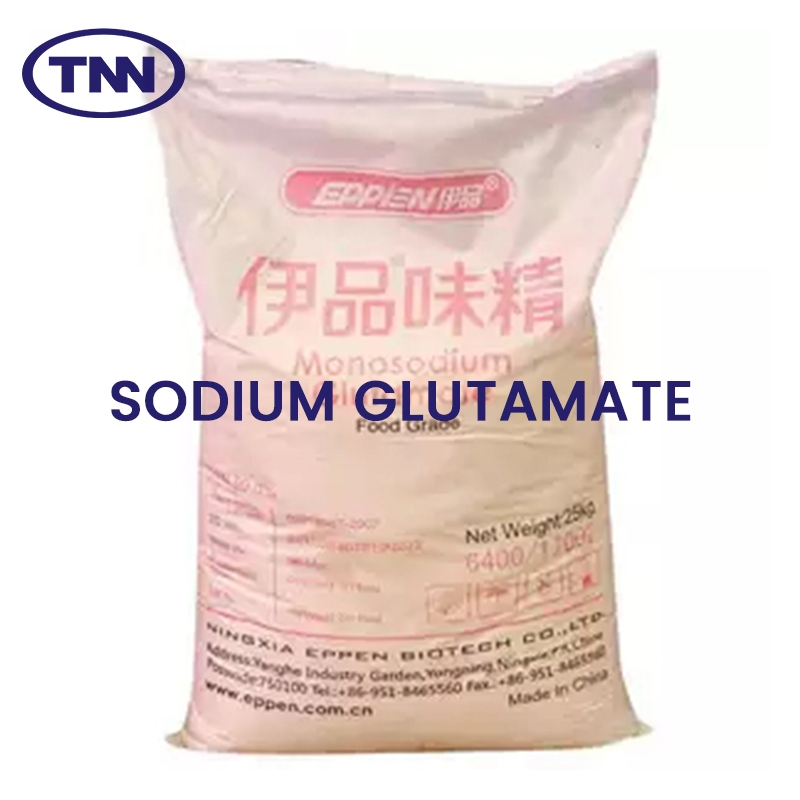-
Categories
-
Pharmaceutical Intermediates
-
Active Pharmaceutical Ingredients
-
Food Additives
- Industrial Coatings
- Agrochemicals
- Dyes and Pigments
- Surfactant
- Flavors and Fragrances
- Chemical Reagents
- Catalyst and Auxiliary
- Natural Products
- Inorganic Chemistry
-
Organic Chemistry
-
Biochemical Engineering
- Analytical Chemistry
-
Cosmetic Ingredient
- Water Treatment Chemical
-
Pharmaceutical Intermediates
Promotion
ECHEMI Mall
Wholesale
Weekly Price
Exhibition
News
-
Trade Service
.
So that both young and old people choose to eat less or no MSG
.
Is MSG really as rumored? The expert team of Jiangxi Provincial Market Supervision Bureau will chat with you
.
What is MSG? Chemical synthetic products?
The National Standard for Food Safety MSG (GB 2720-2015) stipulates that monosodium glutamate is a white crystalline or powdered condiment with special umami flavor made by fermentation, extraction, neutralization, crystallization, separation and drying of microorganisms (Corynebacterium glutamate, etc
.
) as raw materials.
.
) as raw materials.
From the process, it can be seen that monosodium glutamate is not a chemical synthetic product, but is made of grain as raw material by fermentation and purification, and the manufacturing process of rice wine and aged vinegar is similar, and its own safety substance
.
.
The main component of monosodium glutamate is sodium glutamate, and the "Standard for the Use of Food Additives" (GB2760-2014) stipulates that sodium glutamate is a flavor enhancer
that can be used in various foods according to the needs of production.
that can be used in various foods according to the needs of production.
Does MSG produce carcinogens when heated? Is it safe or not?
People believed that "delicate cancer of taste" was mainly due to rumors at that time that "sodium pyroglutamate produced after heating MSG is harmful to the human body
".
Studies have shown that MSG heated to more than 120 °C and maintained for a long time may produce sodium pyroglutamate, but this substance is not carcinogenic and will not affect
human health.
The long-term high temperature to generate sodium pyroglutamate will only make MSG lose its umami taste and affect the freshness effect, so some product introductions will prompt "put MSG before coming out of the pot"
.
".
Studies have shown that MSG heated to more than 120 °C and maintained for a long time may produce sodium pyroglutamate, but this substance is not carcinogenic and will not affect
human health.
The long-term high temperature to generate sodium pyroglutamate will only make MSG lose its umami taste and affect the freshness effect, so some product introductions will prompt "put MSG before coming out of the pot"
.
MSG VS Chicken Essence, which is better?
Under the guidance of long-term "MSG is unhealthy" public opinion, consumers turn to "healthier" chicken essence, but in fact, as a compound condiment, one of the main components of chicken essence is monosodium glutamate (sodium glutamate), and then added salt, sugar, nucleotides and other food additives to make the effect of freshness more obvious
.
Therefore, there is no one healthier than whom, and consumers can
eat it in moderation according to their needs.
.
Therefore, there is no one healthier than whom, and consumers can
eat it in moderation according to their needs.
The correct way to open MSG
1.
Add
in moderation.
MSG has high freshness, and a small amount of addition can achieve the freshening effect
.
Add
in moderation.
MSG has high freshness, and a small amount of addition can achieve the freshening effect
.
2.
Avoid high temperatures
.
When cooking, it is best to add MSG before cooking, MSG heating over 120 °C for a long time will generate sodium pyroglutamate without umami, which will affect the freshness effect
.
Avoid high temperatures
.
When cooking, it is best to add MSG before cooking, MSG heating over 120 °C for a long time will generate sodium pyroglutamate without umami, which will affect the freshness effect
.
3.
Balance MSG and salt intake
.
The Dietary Guidelines for Chinese Residents 2022 recommend "a light diet, eat less high-salt foods, and adults should consume no more than 5 g of salt per day; The reference intake for macronutrient sodium ions was 1.
5 g/day
.
The sodium glutamate in monosodium glutamate contains sodium and has a high sodium content, consumers should adjust the amount of salt and monosodium glutamate according to their own taste to avoid excessive intake of sodium ions to induce cardiovascular and cerebrovascular diseases
.
Balance MSG and salt intake
.
The Dietary Guidelines for Chinese Residents 2022 recommend "a light diet, eat less high-salt foods, and adults should consume no more than 5 g of salt per day; The reference intake for macronutrient sodium ions was 1.
5 g/day
.
The sodium glutamate in monosodium glutamate contains sodium and has a high sodium content, consumers should adjust the amount of salt and monosodium glutamate according to their own taste to avoid excessive intake of sodium ions to induce cardiovascular and cerebrovascular diseases
.
4.
Special groups should eat
with caution.
Patients with kidney disease and high blood pressure should try to eat less or no monosodium glutamate
.
Special groups should eat
with caution.
Patients with kidney disease and high blood pressure should try to eat less or no monosodium glutamate
.







